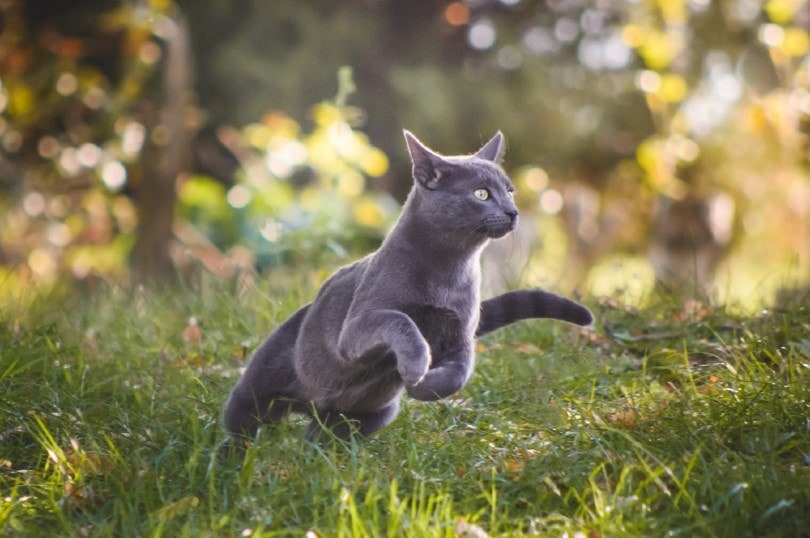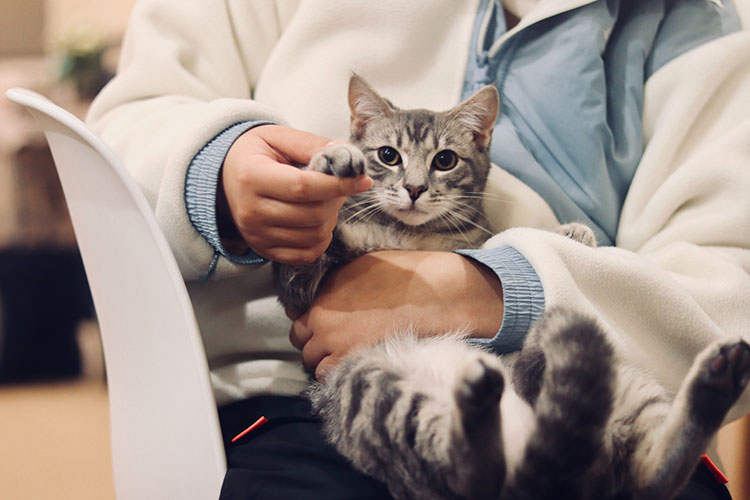Cats can experience weight changes for various reasons, from dietary habits to health conditions. Understanding these causes can help pet owners maintain their cats’ health and quality of life. This article delves into common causes and solutions for weight fluctuations in cats.
Common Causes of Weight Loss in Cats
Weight loss in cats can be concerning and may stem from issues such as:
- Hyperthyroidism: An overactive thyroid can lead to significant weight loss.
- Diabetes: Cats with diabetes may experience rapid weight changes.
- Gastrointestinal Problems: Issues like IBD or food intolerances can hinder nutrient absorption, leading to weight loss.
- Kidney Disease: Often seen in older cats, kidney issues can cause decreased appetite and weight loss.
Common Causes of Weight Gain in Cats
On the other hand, weight gain in cats can result from different factors, including:
- Overfeeding: High-calorie foods or frequent treats can contribute to obesity.
- Lack of Physical Activity: Indoor cats often have limited opportunities for exercise, leading to weight gain.
- Hormonal Issues: Conditions like hypothyroidism, though rare in cats, can cause weight gain.
Behavioral Factors Influencing Weight
Changes in a cat’s routine, stress levels, or household dynamics can affect their eating habits. For instance, some cats overeat in response to stress, while others may lose their appetite.
How to Monitor and Manage Your Cat’s Weight
To keep your cat healthy, regular monitoring of their weight is essential. Here are some tips:
- Feed Balanced Meals: Consult your vet to ensure your cat is getting a balanced diet.
- Encourage Exercise: Interactive toys and playtime can help your cat stay active.
- Regular Veterinary Checkups: Routine checkups can help catch health issues early, preventing weight fluctuations.
When to Seek Veterinary Help
If you notice sudden or unexplained weight changes in your cat, it’s best to consult a veterinarian. Unaddressed weight issues can lead to further health complications, so early intervention is crucial.
Understanding the causes behind your cat’s weight changes allows you to make informed decisions for their care. Regular vet visits, balanced nutrition, and active play are essential steps in maintaining your cat’s health and well-being.





















































































